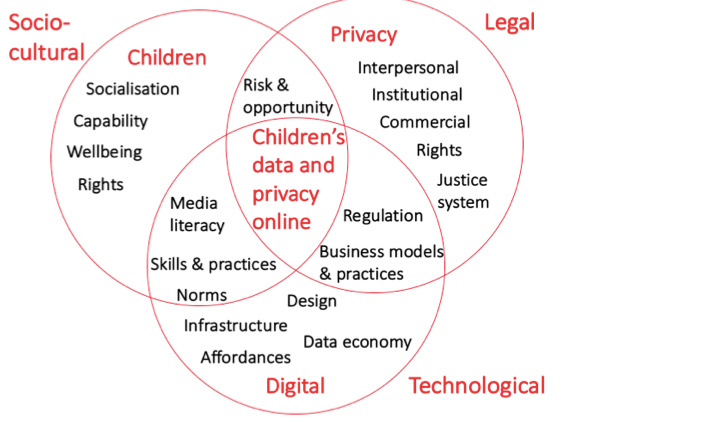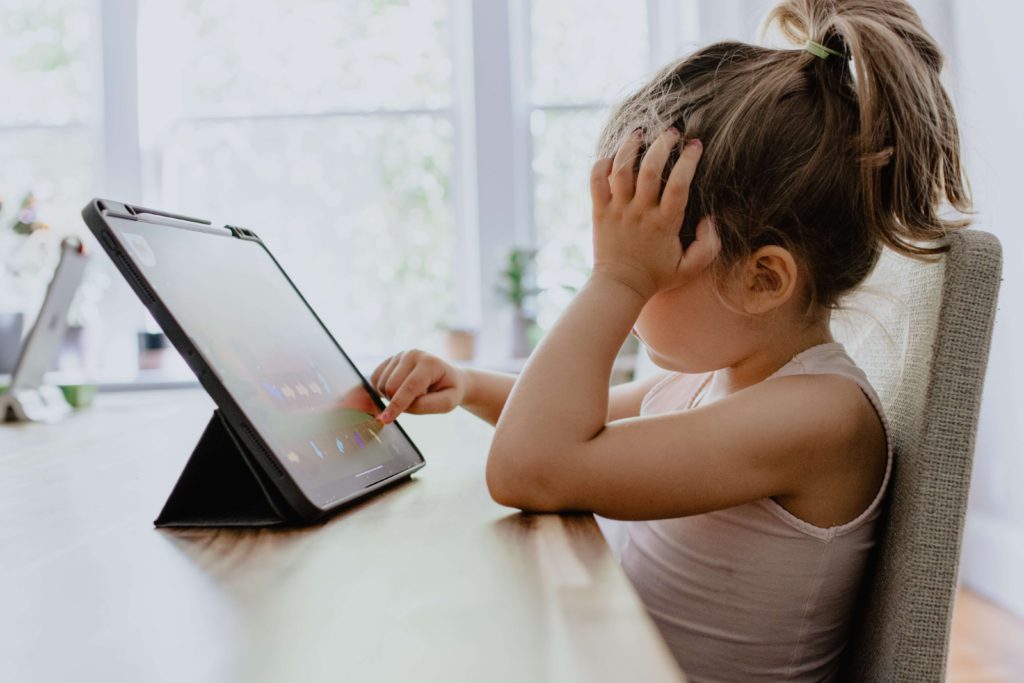Even with the efforts of schools, media campaigns, internet providers and government groups, we still struggle to show kids how to protect themselves online. As parents are we equipped enough to educate our kids on how to safely explore the online world?
If you have kids, you’re probably concerned about their online activities. You might be aware that not all websites are completely safe for them, and they might search through some scary content.
But leaving them alone in front of computer might not be such a good idea either, especially for younger kids. It also doesn’t mean you should keep on worrying without taking proper measures.
Check out: Important internet safety rules for Kids and Adults

You should know how to resolve this issue and leave it at that, instead of becoming neurotic by thinking they’re doing something dangerous online.
As a parent, you have the added responsibility of taking care of your kids as they grow up. Protecting their physical identity is a given, but you also need to protect them from online thieves and hackers who want to steal their information.
Here are a few ways you can keep your kids’ identity and personal details safe online.
Marketers have a variety of interesting strategies, and they aim to find out as much as possible about consumers’ online behaviors. Browsing history, search terms used, and even cookies are all common sources of data. The objective is to figure out what your kid likes and can target ads to those specific interests.
Not so long ago, internet privacy was a concern of web users who feared government oppression and invasions of privacy by powerful corporations.
You can use VPN to protect your information. Learn benefits of VPN and how VPN works to fully understand their importance.
Today, it’s kids who need to be concerned about their online privacy and security, especially in the US, where children have enjoyed virtually no protection from marketers – until now.
On May 25, the European Union implemented regulations (GDPR) that give users greater control over how businesses can collect and use data on them. GDPR extends to all EU citizens and residents, including children.
Restrict Personal Information
Some people may think it is too much work to set strict privacy controls on all of your kids’ apps and websites, but having strict privacy settings in place for them will really help protect them.
While some information shouldn’t be shared publicly, especially information about school, daily life or pictures that could give out personal information (like addresses or birthdays), posting too much info publicly can get your child into trouble.
Now that you have a privacy policy in place, it’s time to teach your children how to live by it. This is where role-playing will really make a difference. Simply playing the role of the website visitor or customer service representative will help your kids gain an understanding of what information their online activities reveal—and give them an opportunity to correct an offensive post or photo that has already been made public.
I don’t really believe there is anything that could really protect kids from the internet or prevent them from using it at all. But there are some legal restrictions in place to help protect your kids’ consumer privacy and insure they’re using age-appropriate websites and apps.
Under the Children’s Online Privacy Protection Act (COPPA), kids’ sites and apps that target children under age 13 must obtain permission from a parent before collecting any personally identifiable information.
COPPA applies to services that could be used by kids, such as apps, games and websites. It doesn’t apply to social networks because although those services are frequented by youth, they’re not targeted to them.
Monitor Your Kids
Monitoring your teen’s activity online is about keeping them safe, not spying on them. The sooner you start the conversation about safety on the internet, the better. Chances are they’re already acting like they have something to hide, and that very well could be true.

You probably don’t want to find out what’s really going on by accident or from someone else.
There are many reasons it’s good to monitor your kids online activity, including: geolocation, making new friends, content filtering and protecting them from strangers.
Sometimes parents want their kids to be actively engaged on the internet when they aren’t in the room (naptime, Saturday afternoon). This can also help you keep tabs on what your child is doing rather than worrying if they’re being safe.
Social Media restrictions
Setting rules for social media is essential to ensure that your teens understand the impact of their social media experiences and develop them into healthy adults.
But what can parents do? Sometimes, the best solution is to set ground rules that kids are required to follow before they can access the social media sites of their choice.
Un-install or Ban these dangerous social media apps for kids and teenagers.
The rules will differ by family and teen, depending on both age and personality, but in general, our philosophy is to give teens more control over their online activities while offering a few guidelines.
